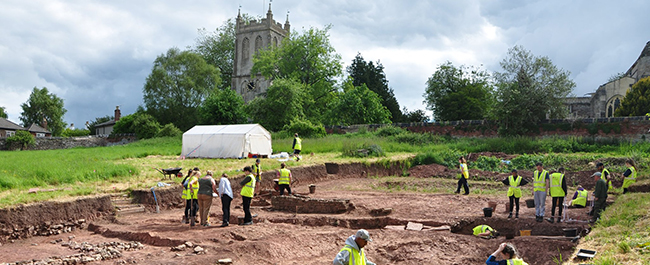San Gemini Preservation Studies
Study Historic Preservation and Conservation in Italy this Summer
We are accepting applications for our summer 2020 field school. The deadline is March 15, 2020.
Our students are able to apply for and receive credit now through the West Virginia University Art History Department. You can apply online at their WVU Abroad page. The deadline for applying through WVU is April 1st. Now in its 21st year, with alumni from over 170 colleges and universities worldwide, SGPS is dedicated to the preservation of cultural heritage. We offer students the opportunity to study and travel in Italy where they acquire hands-on experience in restoration and conservation.
Session One (June 1 – June 26)
Building Restoration – Touching the Stones
Restoration of Traditional Masonry Buildings and Sketching and Analyzing Historic Buildings (Program includes lectures and restoration field projects*)
Archaeological Ceramics Restoration
Analysis and Restoration of Archaeological Ceramics in Italy (Program includes lectures and restoration workshop*)
Book Bindings Restoration
The Craft of Making and Restoring Book Bindings Introduction to the Preservation and Preventive Conservation of Books (Program includes lectures and practical workshop*)
Session Two (July 13 – August 7)
Paper Restoration
Restoration and Conservation of Paper in Books and Archival Documents (Program includes lectures and restoration workshop*)
Traditional Painting Techniques
Traditional Materials, Methods of Painting and Art Restoration Issues (Program includes lectures and painting workshop)
Preservation Theory and Practice in Italy
Restoration Theory, Ethics and Issues (Program includes lectures and discussion)
RESEARCH PROJECT: Carsulae Roman Baths Excavation Project
Architectural & Structural Survey of the Site (Program includes research and surveying field work*) *Field Projects: Restoration of the façade of the Church of San Francesco (13th century) Analysis of medieval buildings in San Gemini as part of an urban study of the city Restoration and conservation of artifacts from the Office of the Ministry of Cultural Heritage for the Abruzzo Region Restoration of the Historic Archives of the Dioceses of Terni Archaeological research of the Roman Baths in the Ancient City of Carsulae
Short Intersession Program (June 28 – July 7)
Preservation Field Trip – Italy
A ten-day trip visiting Siena, Florence and Rome: places of cultural interest, with emphasis on the urban and historical development of each town, including specialized visits to places of interest to restorers.
SGPS is a program of the International Institute for Restoration and Preservation Studies, based in New York. Our courses are open to students from various disciplines, both undergraduate and graduate. All lessons are taught in English. The deadline for applications is March 15, 2020 (this may be extended if there is space in the program).






